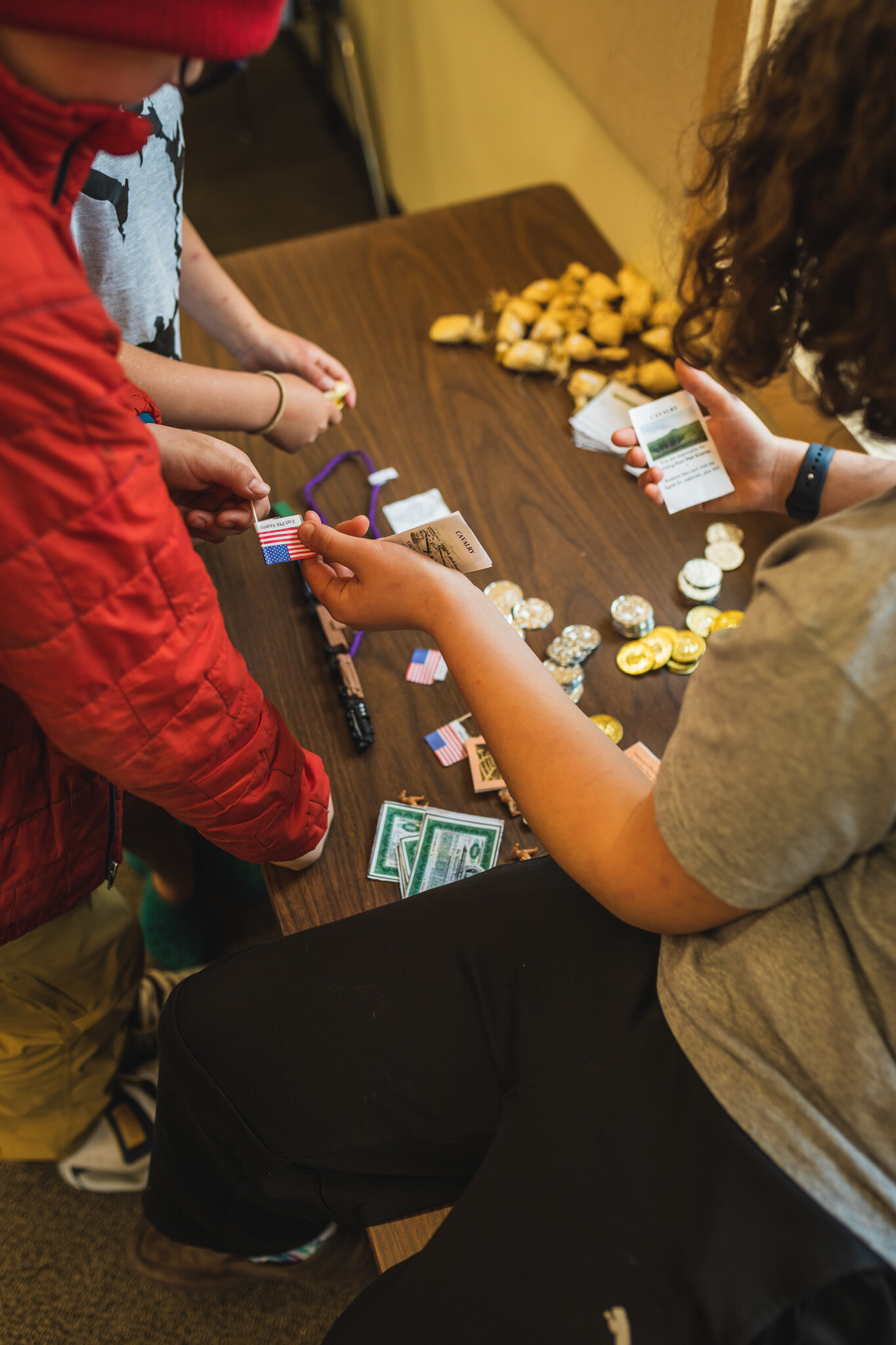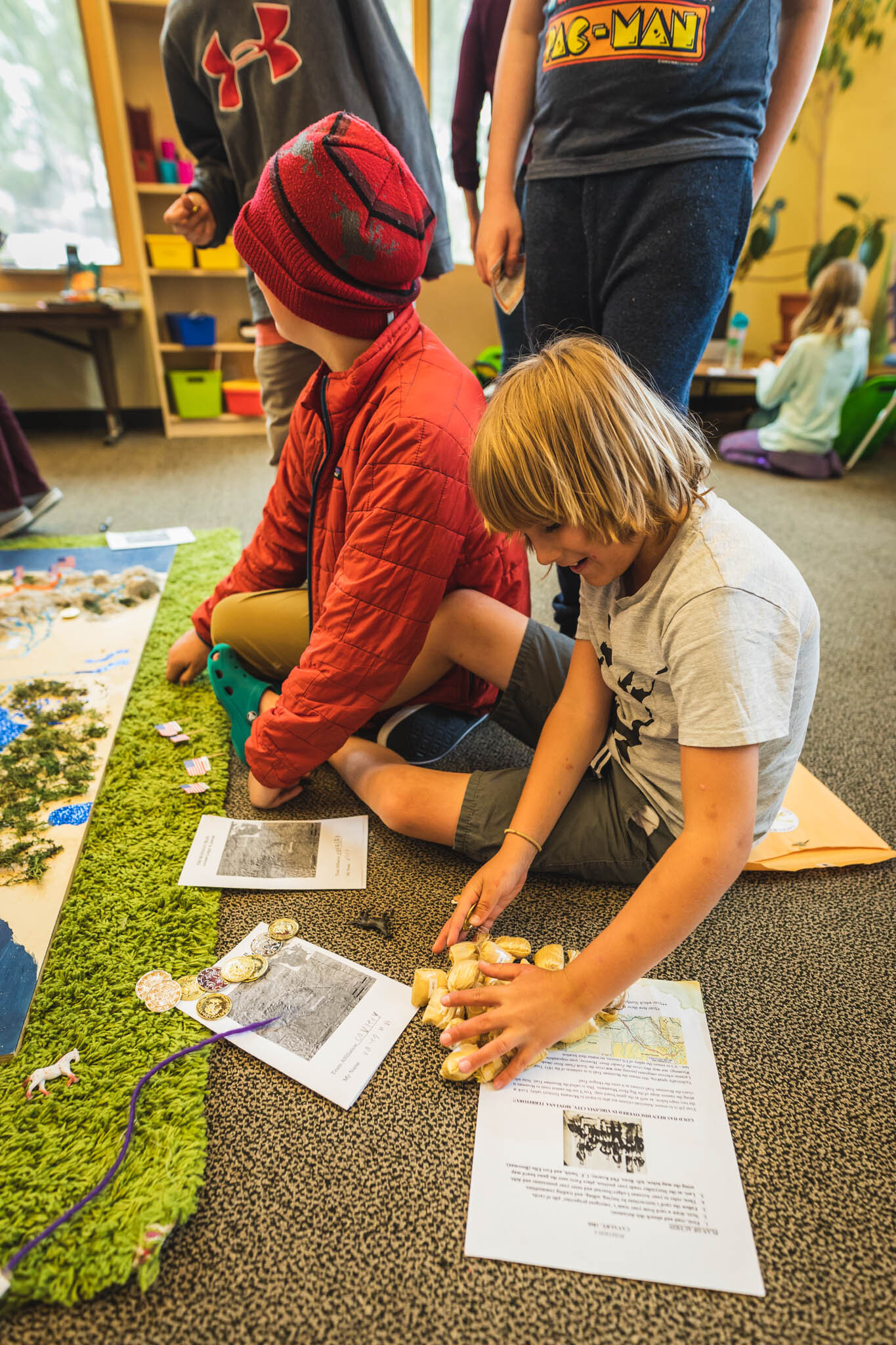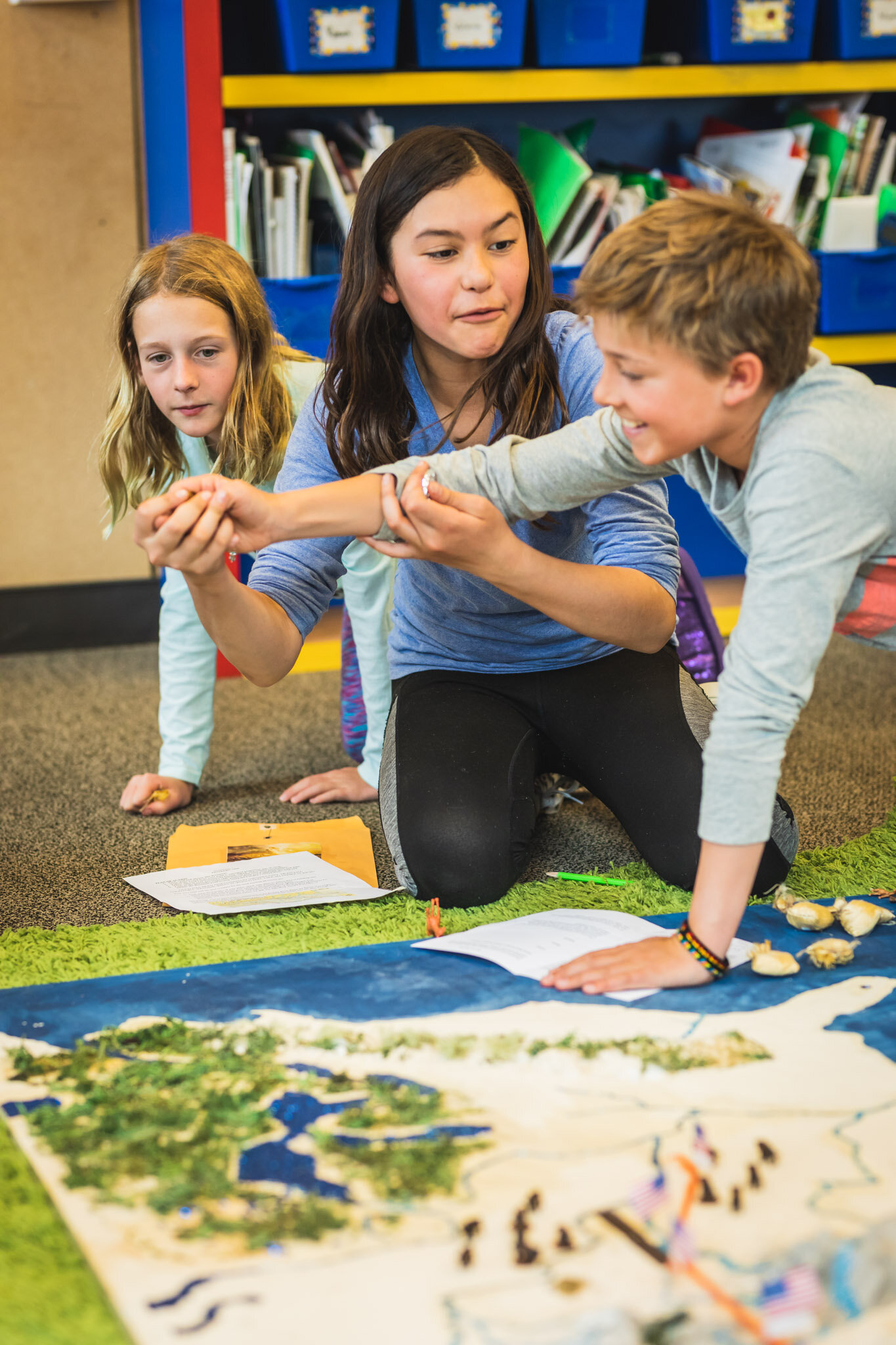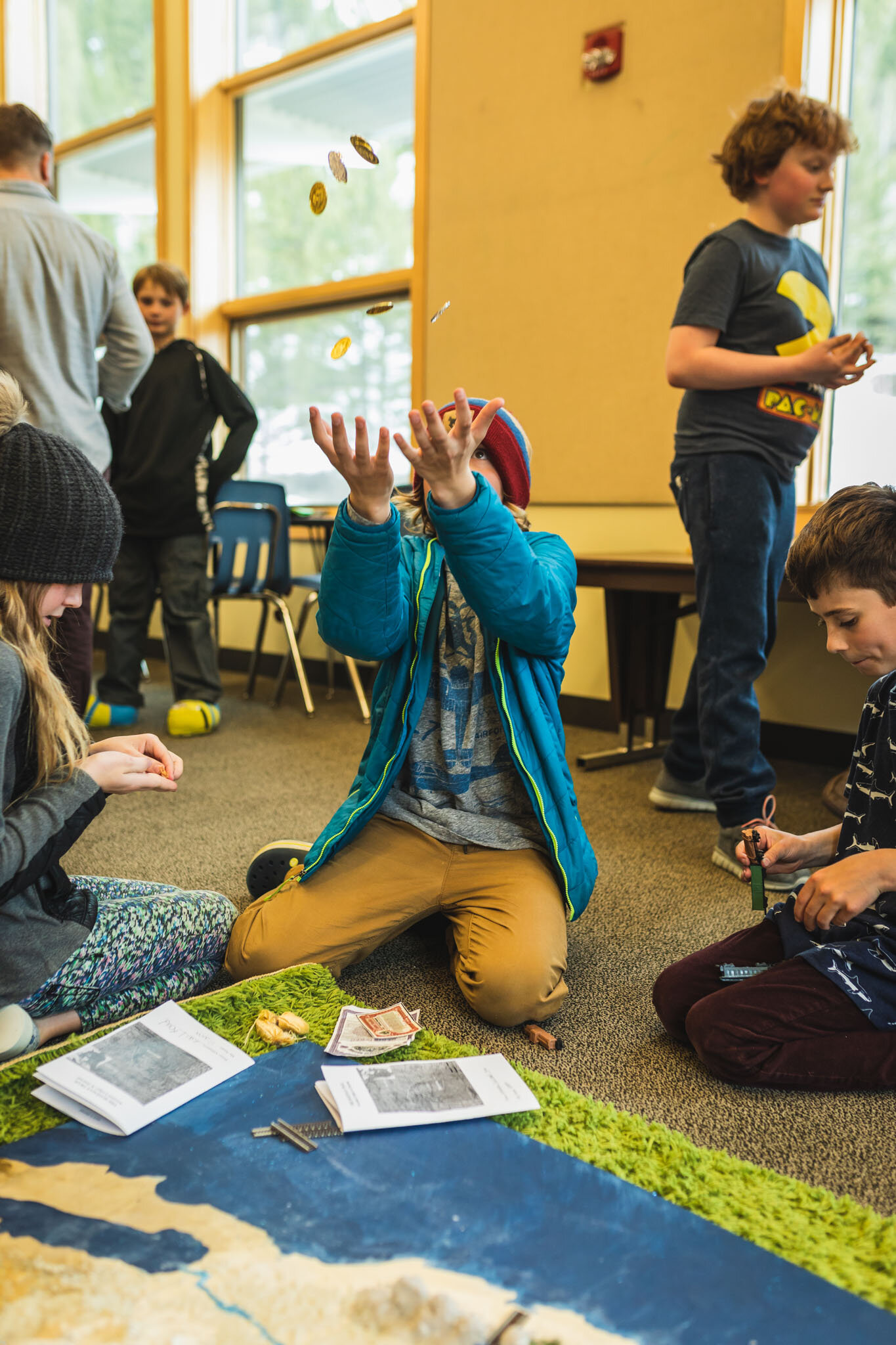WHAT
Elephanta Education is a small business that uses Game Based Learning to make social studies class irresistible.
how
BRAVE COURSE GAMIFYING U.S. HISTORY is a series of board game history games drawn from historical records that flip the script on traditional learning. First, competition sparks intrinsic motivation, whereby student-led teams buy, sell & trade game pieces to bring a game to life. Slowly at first, then quickly, each team recognizes the systems that drive their role—at which point players realize they’re driving the systems. Who’s to say what will happen next? Second, students use a range of literacy scaffolds to clear a safe path into the heart of the matter. Third, gameplay reveals a mathematical model that students are keen to process—a STEM application that fosters accuracy & rigor. Meanwhile, teachers become facilitators, guiding players as they segue from lower to higher order thinking. Learning culminates as players rally to transform an applicable challenge.
why
BRAVE games build background knowledge because research trends show comprehension increases when reading is taught in combination with core content. Enter BRAVE COURSE GAMIFYING U.S. HISTORY, a Game Based Learning approach that cues empathy to kick off cognition and cooperative learning based on skilled reading, active listening, healthy dialogue, critical thinking, and problem-solving. Because lower readers with deep knowledge outperform higher readers with minimum background knowledge in terms of comprehension. In sum, while experts argue between learning to read OR reading to learn, we say BOTH!








